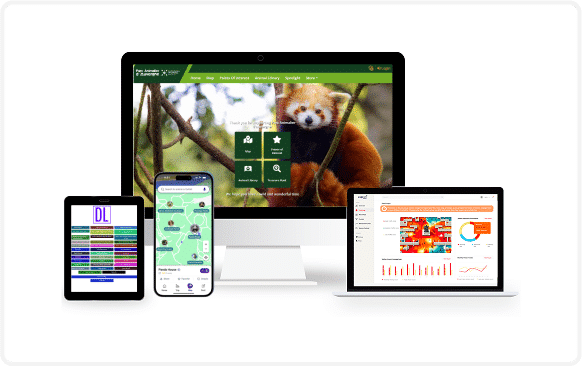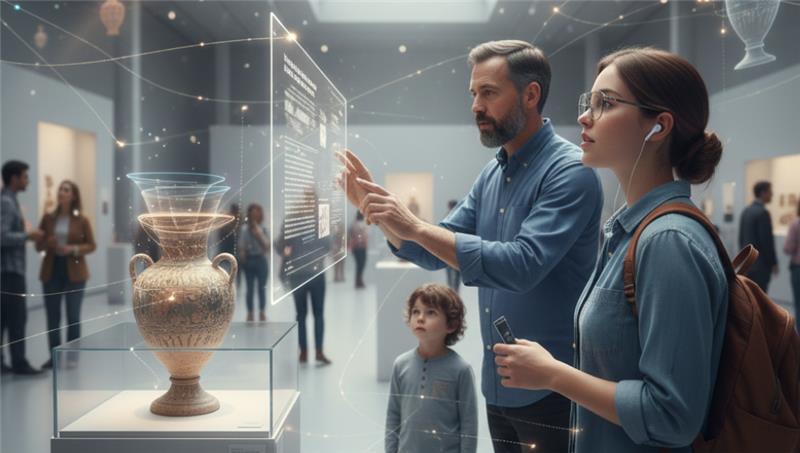In the fiercely competitive hospitality industry, creating distinctive and memorable guest experiences is paramount. A critical strategy in achieving this is harnessing data analytics and technology to offer highly personalized services. By collecting and analyzing guest data, hotels and resorts gain valuable insights into preferences and behaviors, enabling them to tailor their services for an enhanced experience. This integration of data analytics has transformed guest interactions, setting a new standard in hospitality.
Data Collection and Analysis: The Foundation of Personalization
- Reservation Data: Initial reservations offer basic information, setting the stage for understanding room preferences and special requests.
- Loyalty Programs: These programs provide insights into guest history and preferences, furthering the ability to personalize experiences.
- Website and App Interactions: Data from digital interactions helps understand guest behaviors and interests, essential for targeted personalization.
- Feedback and Surveys: Insights from post-stay feedback inform improvements and personalization opportunities.
- Social Media Monitoring: Analyzing social media provides additional perspectives on guest experiences.

- Room Type: Understanding preferences for room types enables hotels to suggest the best options.
- Bedding Preferences: Knowing whether a guest prefers a king-size bed or two queens enhances comfort.
- View Preferences: Tailoring the view, whether ocean, city, or garden, can significantly enhance the guest experience.
- Room Temperature: Setting the temperature based on previous preferences ensures comfort from the moment of arrival.
- Special Requests: Addressing specific needs like extra pillows or allergy-free bedding personalizes the stay.
Data analytics enable hotels to offer tailored recommendations, enhancing guest stays:
- Dining: Suggestions for on-site dining or local restaurants are based on past dining history and preferences.
- Activity Suggestions: Personalized activity recommendations, from spa treatments to outdoor adventures, cater to individual interests.
- Special Occasions: Recognizing special events like birthdays or anniversaries allows for unique celebratory touches.
- Spa and Wellness: Recommendations for wellness services are tailored to past preferences and needs.
- Local Insights: Tips on nearby attractions and events are based on location data, enriching the guest’s experience.

Challenges and Ethical Considerations
While personalization offers many benefits, it also brings challenges related to privacy and data security:- Data Privacy: Ensuring secure collection and storage of guest data is crucial.
- Consent and Opt-In: Guests should have control over their data, with clear communication on its use.
- Data Security: Robust measures are needed to protect against breaches and cyberattacks.
- Data Retention Policies: Clear policies on data retention ensure relevance and respect for guest privacy.
- Ethical Use of Data: Responsible use of data is essential, avoiding manipulative practices.
Conclusion: Shaping the Future of Hospitality
Data analytics and technology have redefined guest interactions in the hospitality industry. Personalization, once a luxury, is now an expectation. By leveraging guest data, hotels can offer customized experiences, from room preferences to tailored recommendations. However, this innovation comes with responsibilities in data privacy, security, and ethical use. Hotels prioritizing these aspects can continue to offer exceptional experiences, maintaining guest satisfaction and loyalty in a competitive market




